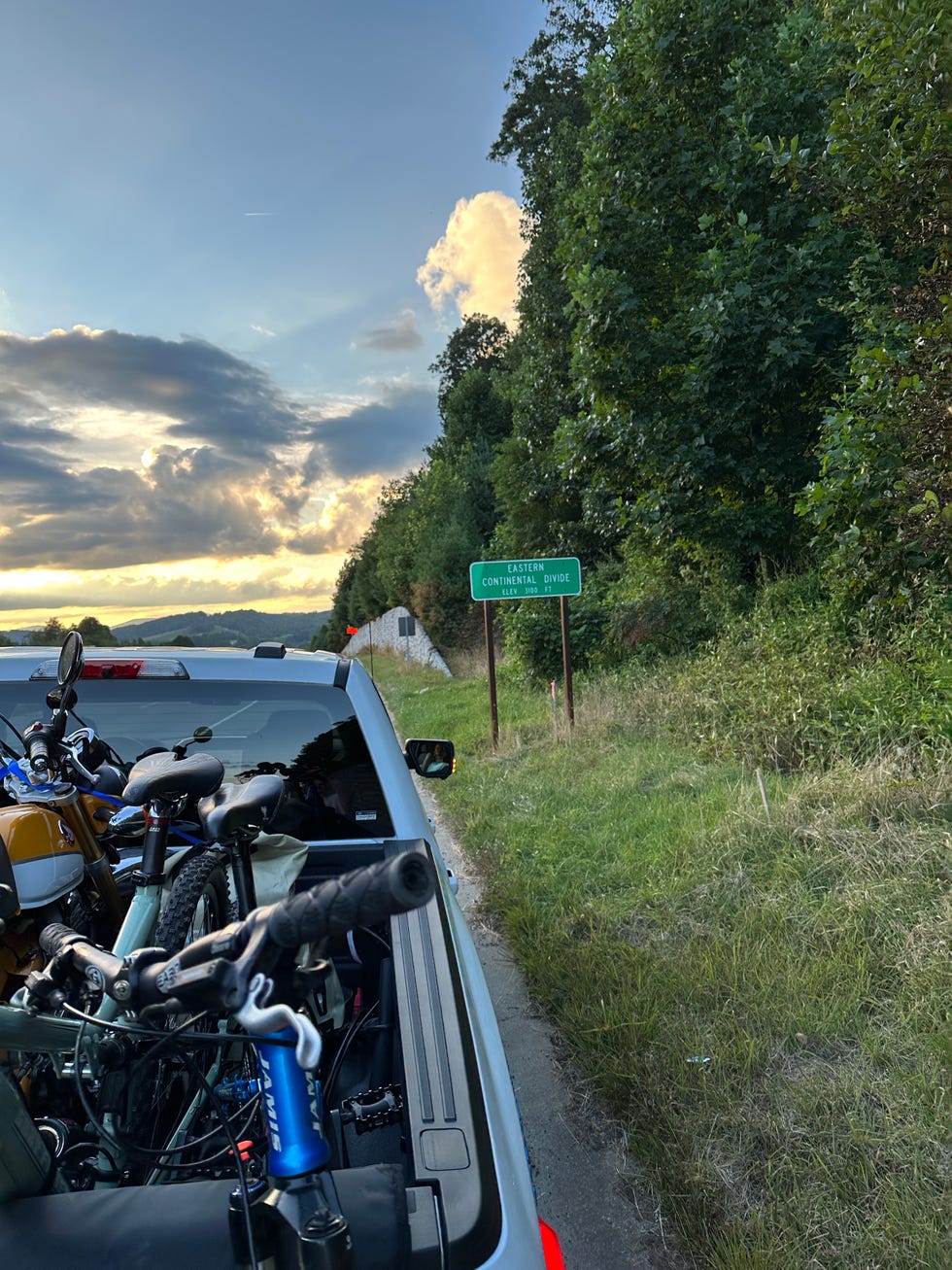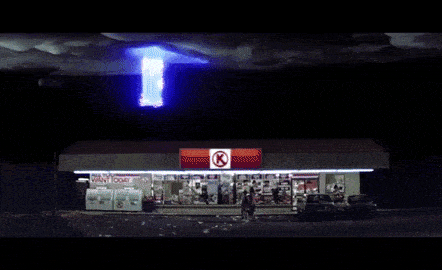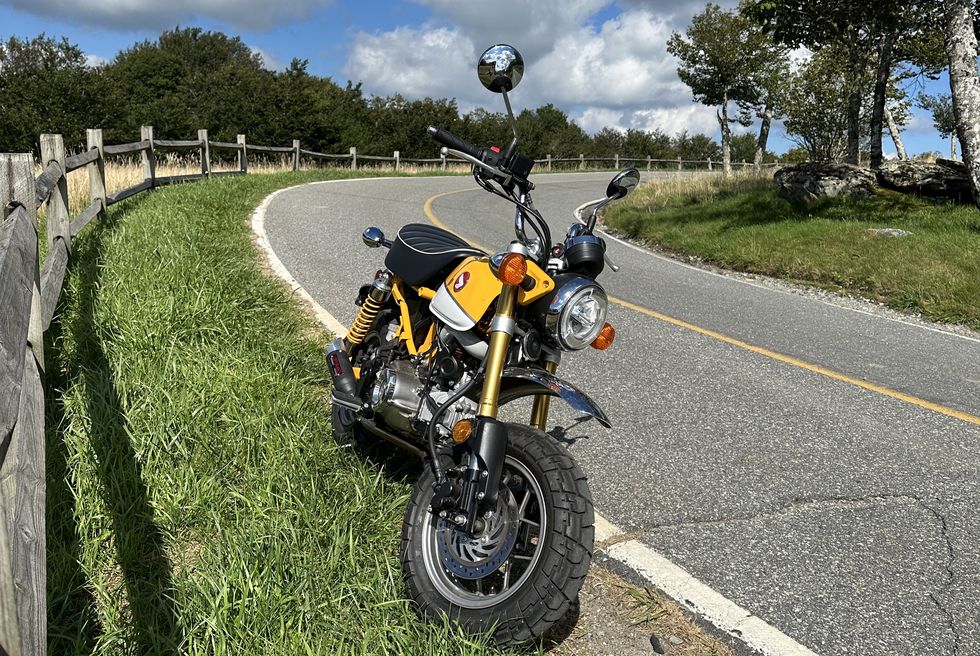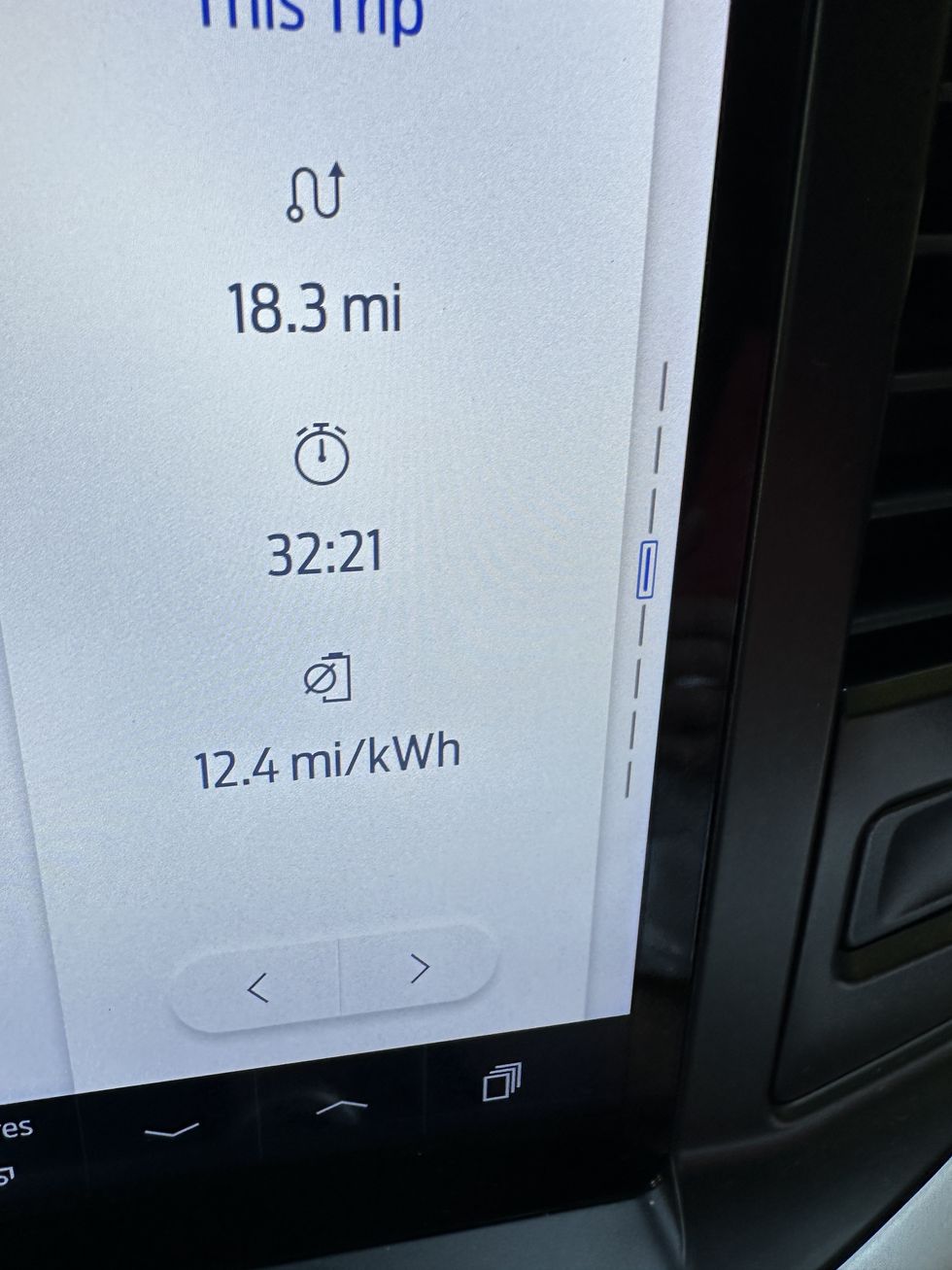
I’m sure everyone with a non-Tesla EV is eagerly awaiting the day they can bum-rush the nearest Supercharger station and plug into Tesla’s charging network. In my own experience, long-distance EV travel in a Tesla is easy and reliable, while road trips in anything else are a gamble. The last time I drove a Ford F-150 Lightning, I ventured from North Carolina down to Charleston, South Carolina, only to find the one CCS DC fast-charging station—Electrify America—to be partially out of order and fully mobbed by irate drivers waiting for its prized functional plugs. On my next trip down there, in a Lucid, I left it plugged into a Level 1 outlet for four days straight in an effort to avoid Electrify America (thankfully, that worked). One time, at the dawn of the modern EV, I plugged a Nissan Leaf into an outlet in my ground-floor hotel room.
What I’ve never done, outside the Tesla ecosystem, is treat an EV just like I would an internal-combustion vehicle—which is to say, plan a trip without obsessing over charge strategies. But that’s what I just pulled off, in a 2023 Ford F-150 Lightning XLT, covering more than 200 miles and 5000 feet of elevation change with four people onboard, a frunk full of helmets, and a bed loaded with luggage, three mountain bikes, and a Honda Monkey (so: not ideal, aerodynamically). I should admit that I had no reason to be confident this plan would work. Nothing in my experience suggested that it would. But I figured that in 2023, it’s time to embrace foolish optimism and expect DC fast-chargers to, you know, charge stuff.
My route took me from down near sea level in central North Carolina to just shy of the summit of Beech Mountain, 5506 feet up. This is one of the highest climbs on the East Coast, and a steep one at times—about 1500 feet of that elevation change comes in the final four miles of the drive. Normally, a 200-mile trip in an extended-range Lightning, with its 320 miles of EPA-rated range, is no big deal. But this drive includes a lot of highway miles, and in our testing, the Lightning Platinum sacrificed 70 miles of its EPA-rated range at 75 mph. Now throw in a fully loaded truck and a 5000-foot grade, and it would seem that a charge stop would be prudent if not mandatory.
Thus I placed my fortunes in the hands of Circle K, which now has six high-speed charging stations in North Carolina. One of those is in Boone—elevation 3333 feet, the frontier outpost ahead of the higher mountain towns. The Boone station has two 180-kW chargers (with two plugs each), promising the biggest blast of electricity to hit a Circle K parking lot since Bill and Ted’s phone booth. That is, assuming it worked. If it didn’t, there were other, less convenient chargers on the outskirts of town. Worst case, we’d have dinner and soak up some Level 2 charging, hoping for the best.
When we arrived in Boone, the Ford’s charge level was at a not reassuring 34 percent. It probably didn’t help that, the day before, I’d told my kids about how the V-10 BMW M5 was one of the best-sounding sedans ever, and then one pulled alongside on the highway. I therefore had to communicate, with my silent truck, that I wanted him to drop down three gears and hit it. That burned some unnecessary electrons. Still, we theoretically had enough charge to get from Boone to Beech, but the 2000-foot ascent makes that an atypical half-hour drive.
Circle K to the rescue, because the chargers were all unoccupied and working flawlessly. I didn’t even need to download an app, the bane of so many chargers. It figures that a gas station knows how to frictionlessly accept your money, and the charger worked just like a pump: plug in, tap a credit card, and that was it. Enticed by a Japanese steakhouse a block away, we actually did grab dinner, allowing the Lightning to charge to 90 percent. Cost: $34.35 for 78.0 kWh, so a pretty fair deal, for more than a half-tank compared to what the same would cost in petroleum terms for a gas-burning F-150.
At Beech, I parked the truck until it was time to head home, its range estimated at 202 miles. Rolling back into Boone, the range estimate was still parked on 202 miles, with the truck’s computer reporting a ridiculous 12.4 miles per kWh—which would make the Lightning good for about 1600 miles of range, if you could drive down the side of a mountain all the time. Another nip from the Circle K charger (this time partially blocked by a metaphor, in the form of the tanker truck filling up the underground reservoirs of regular unleaded), and we were good to go, pulling back into my driveway with 70 miles of range remaining. I’d hauled a truckload of gear up about the highest climb you can find on the East Coast—in luxurious silence—with no drama whatsoever.
Almost across the street from the Circle K in Boone, there’s a Tesla Supercharger station. Next year, the Lightning will be able to charge over there. But it’s nice to know it won’t have to.
Senior Editor
Ezra Dyer is a Car and Driver senior editor and columnist. He’s now based in North Carolina but still remembers how to turn right. He owns a 2009 GEM e4 and once drove 206 mph. Those facts are mutually exclusive.
#Ford #F150 #Lightning #Tesla #Chargers
Source link









